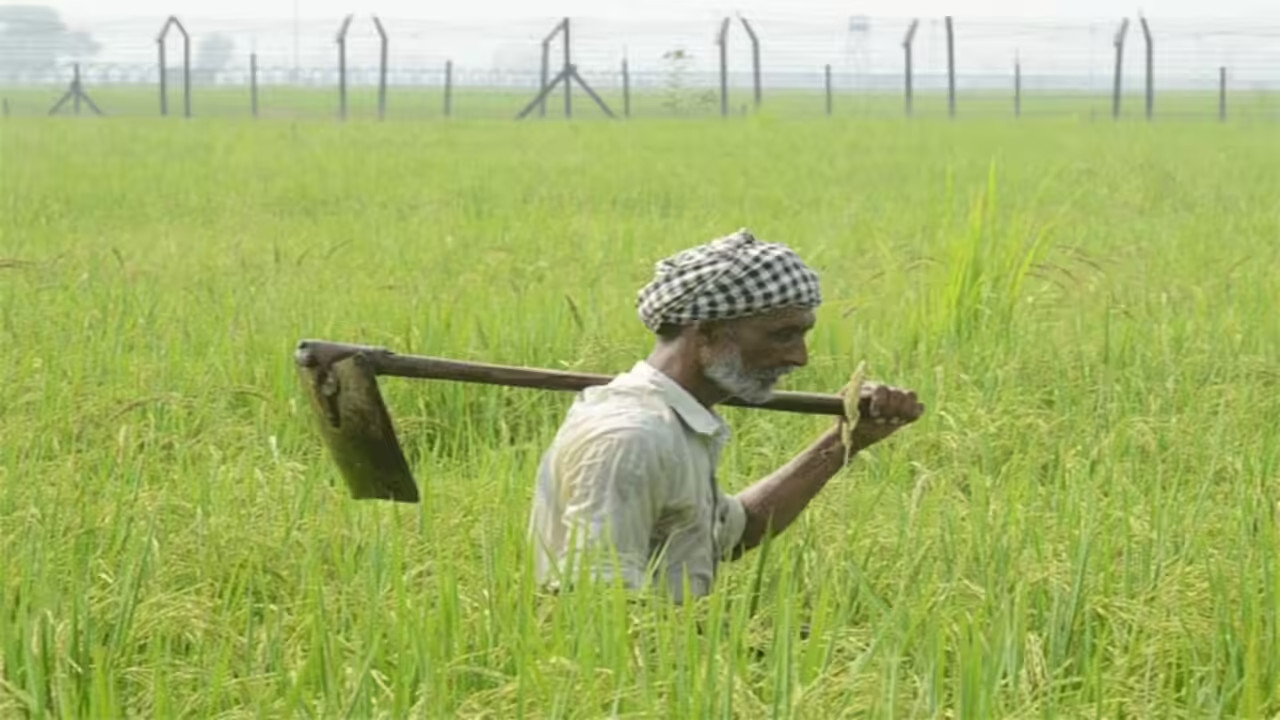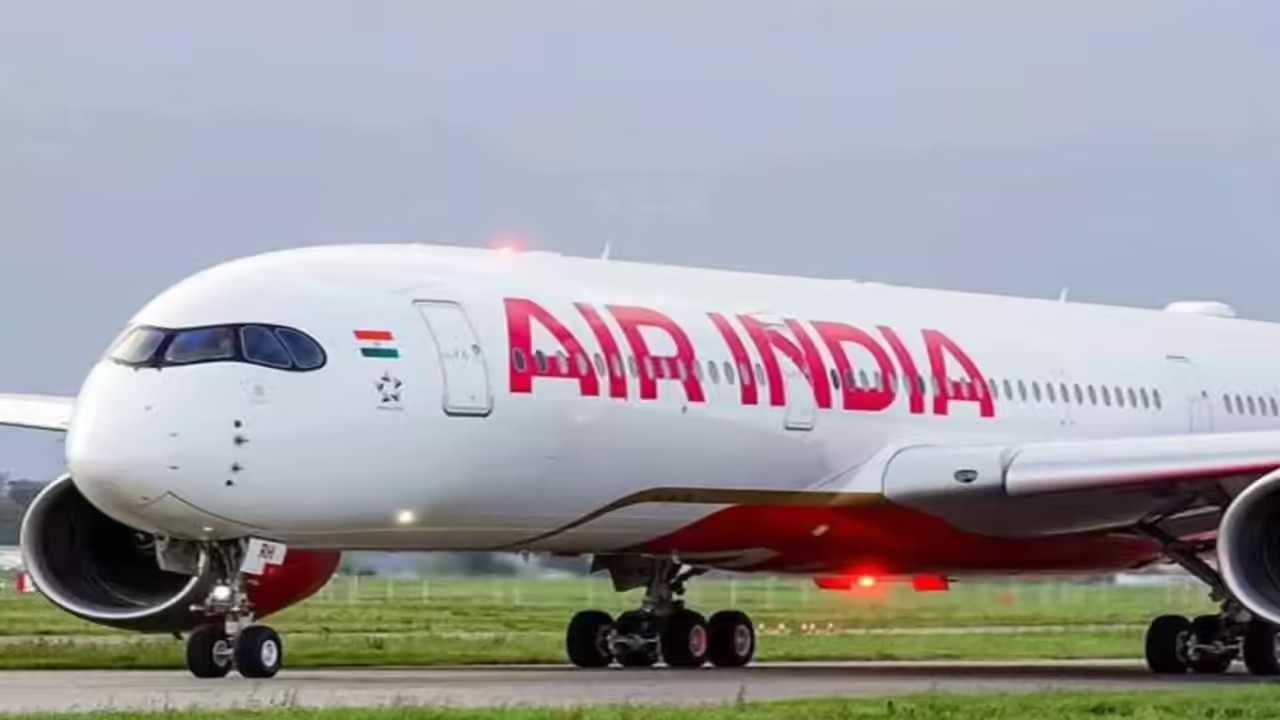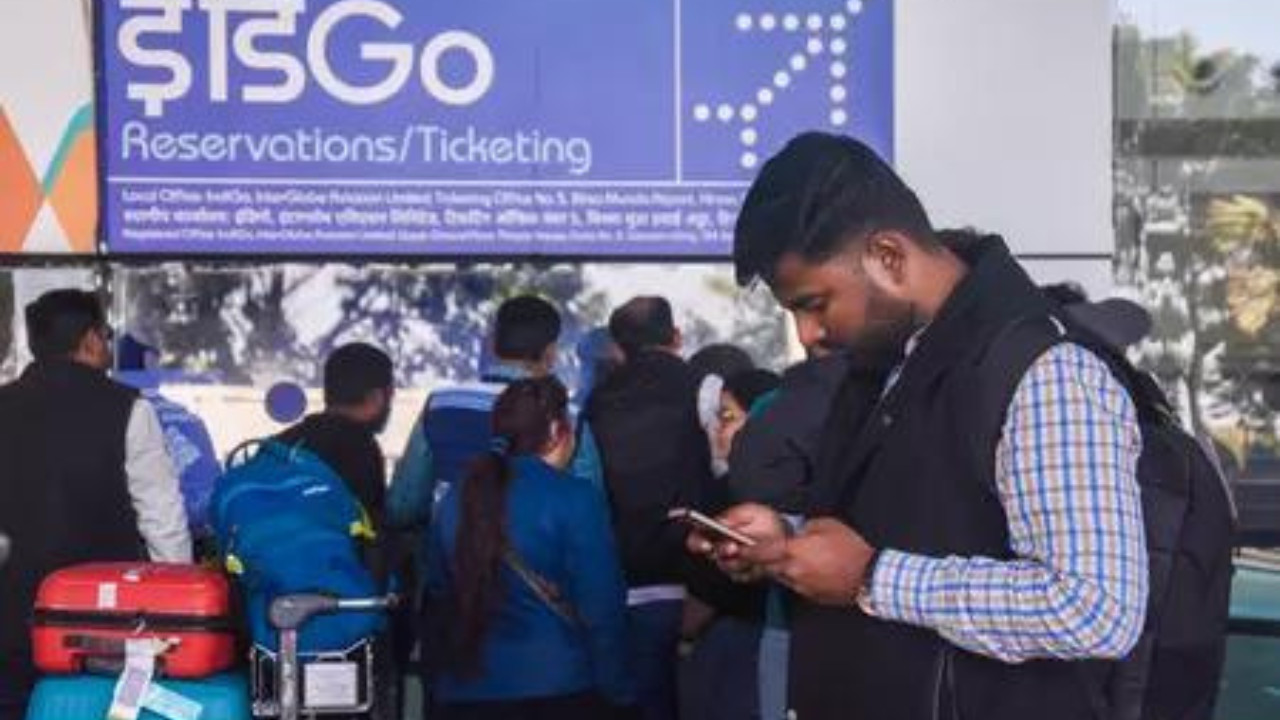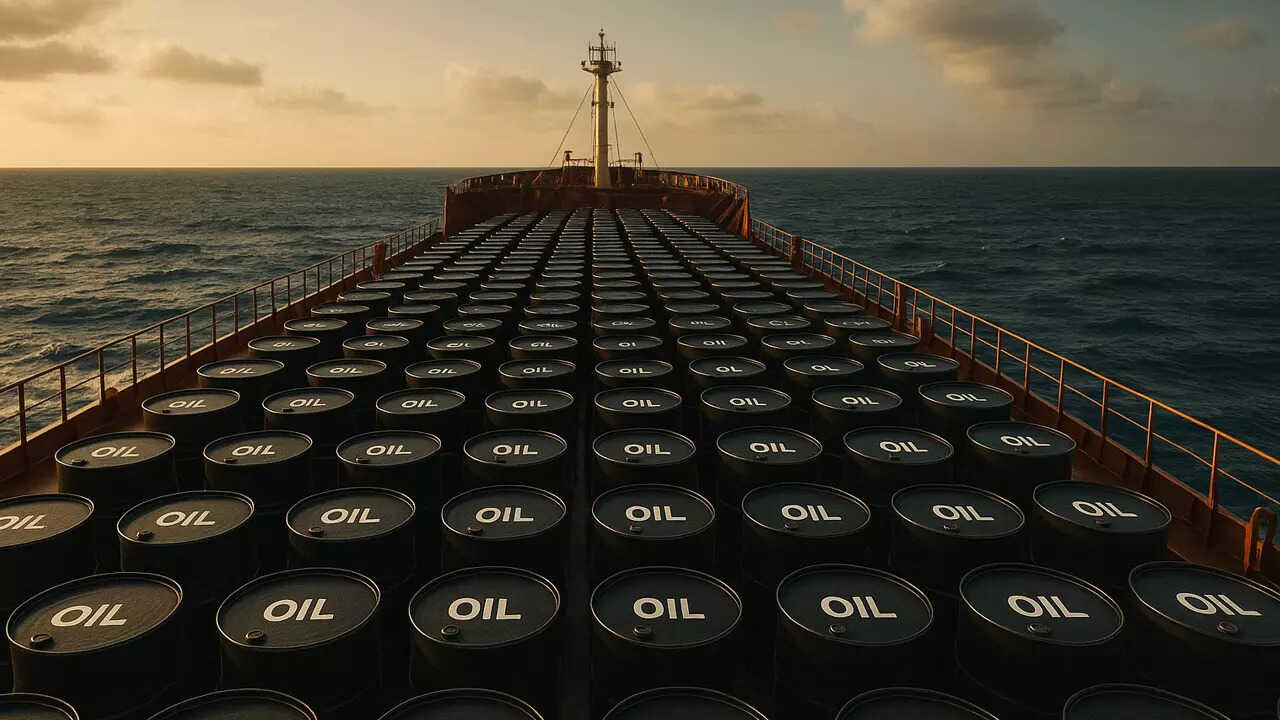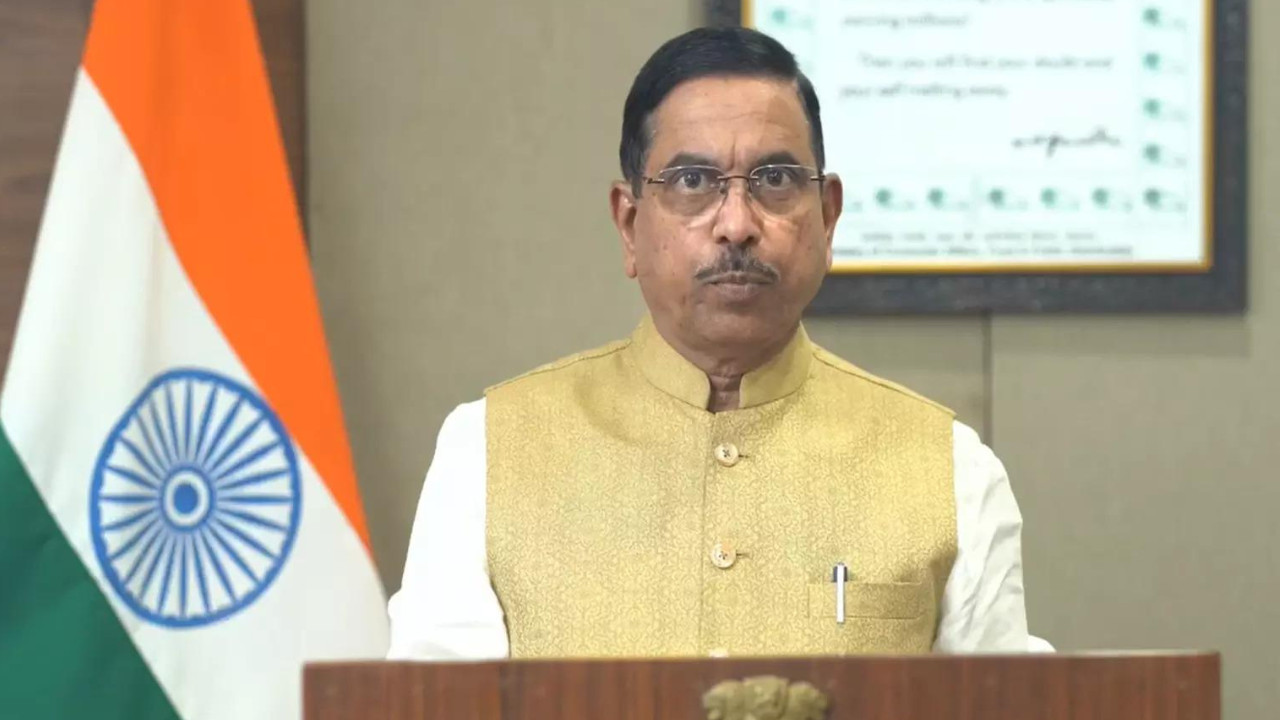Addressing DialogueNEXT in India, ICAR Director General Mangi Lal Jat emphasized the need for farmer-centric solutions to global agri-food challenges. He advocated for increased investment in science, innovation, and partnerships. India’s rapid agricultural transformation positions it as an innovation hub for smallholder agriculture in the Global South, focusing on delivering transformative solutions to farmers.
Small Farms, Big Impact: How Supporting Local Agriculture Can Feed the World
The world is facing a daunting challenge: ensuring everyone has enough to eat. Headlines scream about rising food prices, disrupted supply chains, and the looming threat of widespread hunger. It’s a complex web of interconnected issues, but the solution, surprisingly, might be simpler than we think: empowering smallholder farmers.
These unsung heroes of the agricultural world, often working on plots of land no bigger than a few acres, are the backbone of food production in many developing nations. They’re the ones cultivating the rice paddies, tending to the vegetable gardens, and raising the livestock that feed communities. And their role in global food security is becoming increasingly vital.
Why Smallholder Farmers Matter More Than Ever
Forget the romantic image of idyllic countryside living. For many smallholder farmers, life is a constant struggle. They often lack access to vital resources like irrigation, quality seeds, fertilizer, and even basic financing. Climate change adds another layer of complexity, bringing unpredictable weather patterns, droughts, and floods that can devastate their crops and livelihoods.
Despite these challenges, smallholder farmers are incredibly resilient and innovative. They possess invaluable local knowledge, honed over generations, about how to cultivate the land sustainably and adapt to changing conditions. More importantly, they represent a massive, untapped potential for boosting global food production.

The math is pretty straightforward: if we can equip these farmers with the tools and resources they need to increase their yields and improve their farming practices, we can significantly enhance global food security. This isn’t just about increasing production; it’s about creating more resilient and sustainable food systems.
Investing in Solutions, Not Just Technology
So, what kind of support are we talking about? It’s not just about throwing money at the problem or blindly promoting the latest technological gadgets. It’s about understanding the specific needs and challenges of each farming community and tailoring solutions accordingly.
For instance, providing access to microfinance can empower farmers to invest in better seeds, irrigation systems, or livestock. Training programs can teach them sustainable farming practices, helping them improve soil health, conserve water, and reduce their reliance on harmful chemicals. Improved access to markets can ensure they receive fair prices for their produce.
Furthermore, research and development should focus on creating climate-resilient crops that can withstand the increasing challenges of a changing climate. This includes developing drought-resistant varieties, flood-tolerant strains, and crops that require less fertilizer.
It’s also about fostering collaboration between farmers, researchers, policymakers, and the private sector. By working together, we can create a more supportive and enabling environment for smallholder farmers.
Beyond the Farm: Strengthening the Entire Food System
Addressing food security goes beyond the farm gate. We need to strengthen the entire food system, from production to processing to distribution and consumption. This includes investing in better infrastructure, reducing food waste, and promoting healthier diets.
For example, improving transportation networks can help farmers get their produce to market more quickly and efficiently, reducing spoilage and increasing their incomes. Investing in cold storage facilities can extend the shelf life of perishable foods, making them more accessible to consumers.
Furthermore, we need to educate consumers about the importance of supporting local agriculture and making informed food choices. By choosing locally sourced foods, we can help create more resilient and sustainable food systems, while also supporting our local economies. You can read more about buying local and its impact [here](internal-link-to-related-content).
The Future of Food is in Our Hands
The global food security challenge is a complex one, but it’s not insurmountable. By recognizing the crucial role of smallholder farmers and investing in solutions that empower them, we can create a more resilient, sustainable, and equitable food system for all. It requires a shift in perspective, a commitment to collaboration, and a willingness to invest in the future of our food supply. The time for action is now. Let’s support the small farms that can make a big difference.
